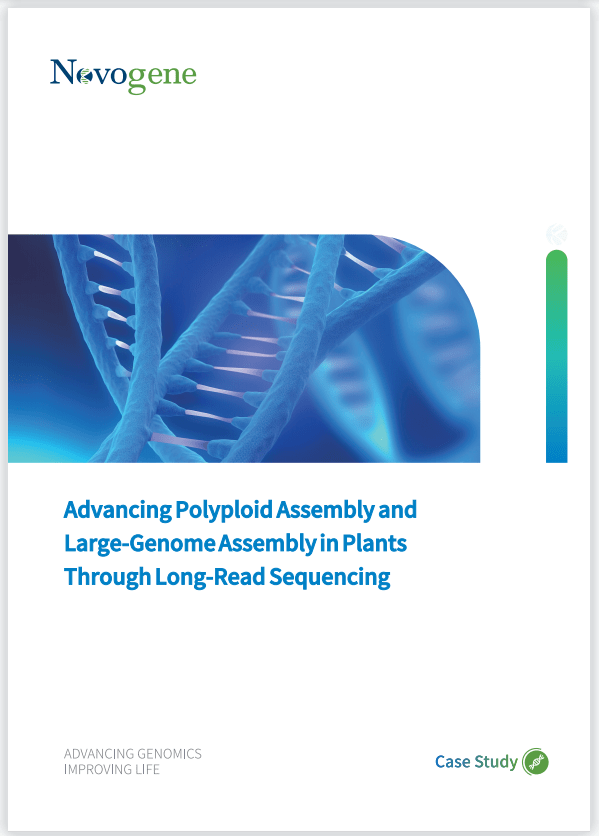Advancing Polyploid Assembly and Large-Genome Assembly in Plants Through Long-Read Sequencing
Introduction:
High-quality reference genomes are complete, contiguous, accurate, and representative of a given species. They are highly valued in scientific research because they serve as the foundation for studying gene function, gene expression, organismal evolution, genetic variation, disease-causing mutations, epigenomics, and for comparative genomics across species. They also provide a framework upon which sequences from similar organisms can be mapped and assembled. Large and complex genomes were difficult or impossible to construct prior to the introduction of third-generation technology. Sanger sequencing was used to determine the sequences of small genomes, however, that approach requires the burdensome, time consuming, and expensive technique of primer walking. Next-generation sequencing (NGS) technology produces short reads that are difficult to assemble. The creation of reference quality genomes with these technologies, especially with very large and/or polyploid genomes, presents often insurmountable challenges.

